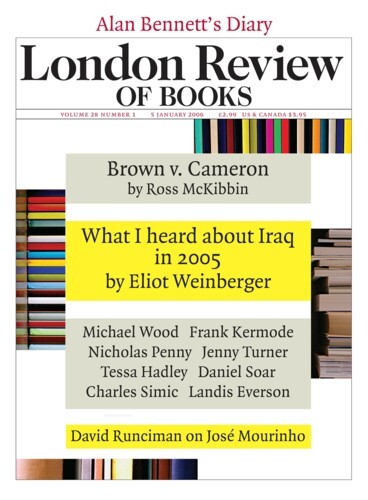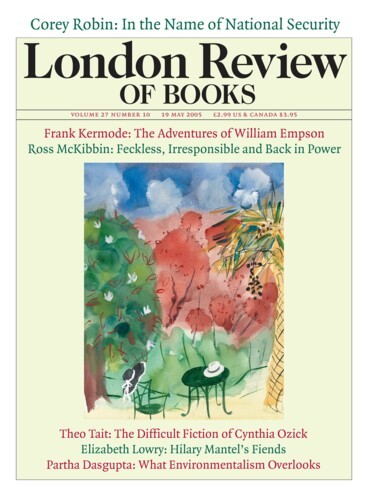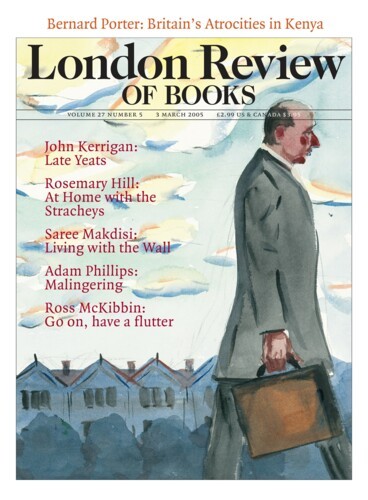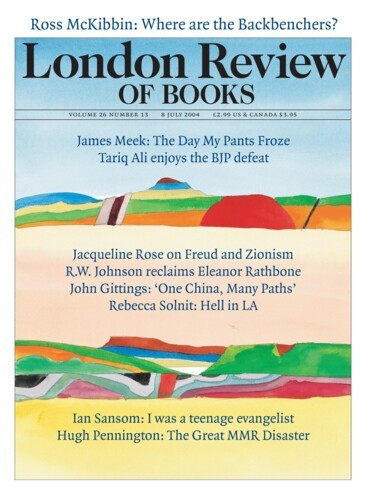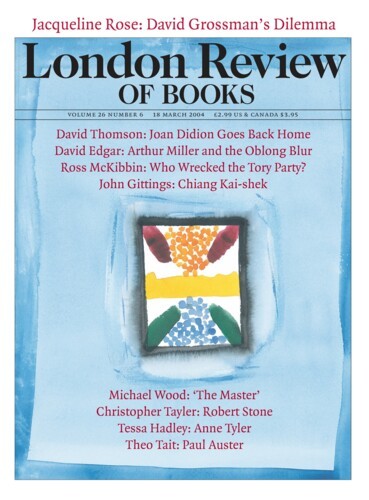The Destruction of the Public Sphere: Brown v. Cameron
Ross McKibbin, 5 January 2006
That the next general election will be fought by Prime Minister Gordon Brown and Leader of the Opposition David Cameron we do know; but how it will be fought we don’t, in part because the present prime minister will not disclose when he intends to go. Furthermore, both Cameron and Brown are in some senses, but for different reasons, unknown quantities. Cameron simply because he is unknown; Brown because he’s known only as a bruiser who tenaciously defends his own patch, not as a man who has to lead a government and a political party. Any prediction as to the character of a Cameron or Brown government must, therefore, be tentative. Such a prediction might be that Cameron would lead a moderately unenlightened businessman’s government; Brown a moderately enlightened businessman’s government. The difference between the two, while a bit more than wafer thin, will hardly register on any political scale.
